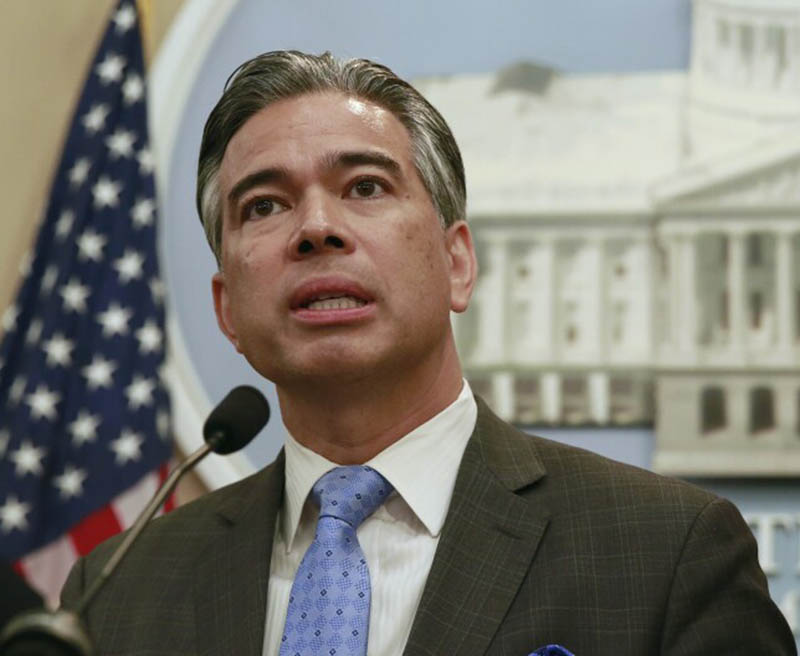WASHINGTON, (Reuters) – California’s attorney general announc-ed yesterday he issued a subpoena to ExxonMobil XOM.N for information on its role in causing the global plastic waste crisis.
The subpoena is part of a broader investigation led by California Attorney General Rob Bonta into the fossil fuel and petrochemical industries’ role in “causing and exacerbating the global plastics pollution crisis.”
“For more than half a century, the plastics industry has engaged in an aggressive campaign to deceive the public, perpetuating a myth that recycling can solve the plastics crisis. The truth is: The vast majority of plastic cannot be recycled,” Bonta said in a statement.
The investigation will resemble ones launched by several state attorneys general into the role that fossil fuel companies played in causing and exacerbating climate change, which focused on what the industry knew decades ago and how companies misled the public about their role.
In this investigation, the attorney general will focus on the “half-century campaign of deception and the ongoing harm caused to the State of California” by companies that produce plastics, a petroleum-based product, and how they perpetuate “myths around recycling”. Exxon is the first company to receive a subpoena, but officials said they will also target other companies in the industry.
A spokesperson for Exxon was not immediately available to comment.
More than 90% of plastic waste globally ends up in landfills or is incinerated, according to a landmark study in Science Advances. The U.S. recycling rate has never gone higher than 9%, according to the Environmental Protection Agency.
Bonta said that the petrochemical industry has been aware for decades that recycling was infeasible at scale, even as plastic production skyrocketed and has pushed back against state, local and national efforts to issue plastic bans and other measures.
The industry has promoted “advanced recycling” – a method of burning plastic to convert it into fuel or other products – as a solution to the plastic waste crisis but a Reuters investigation showed that the leading projects have had little to no success.

